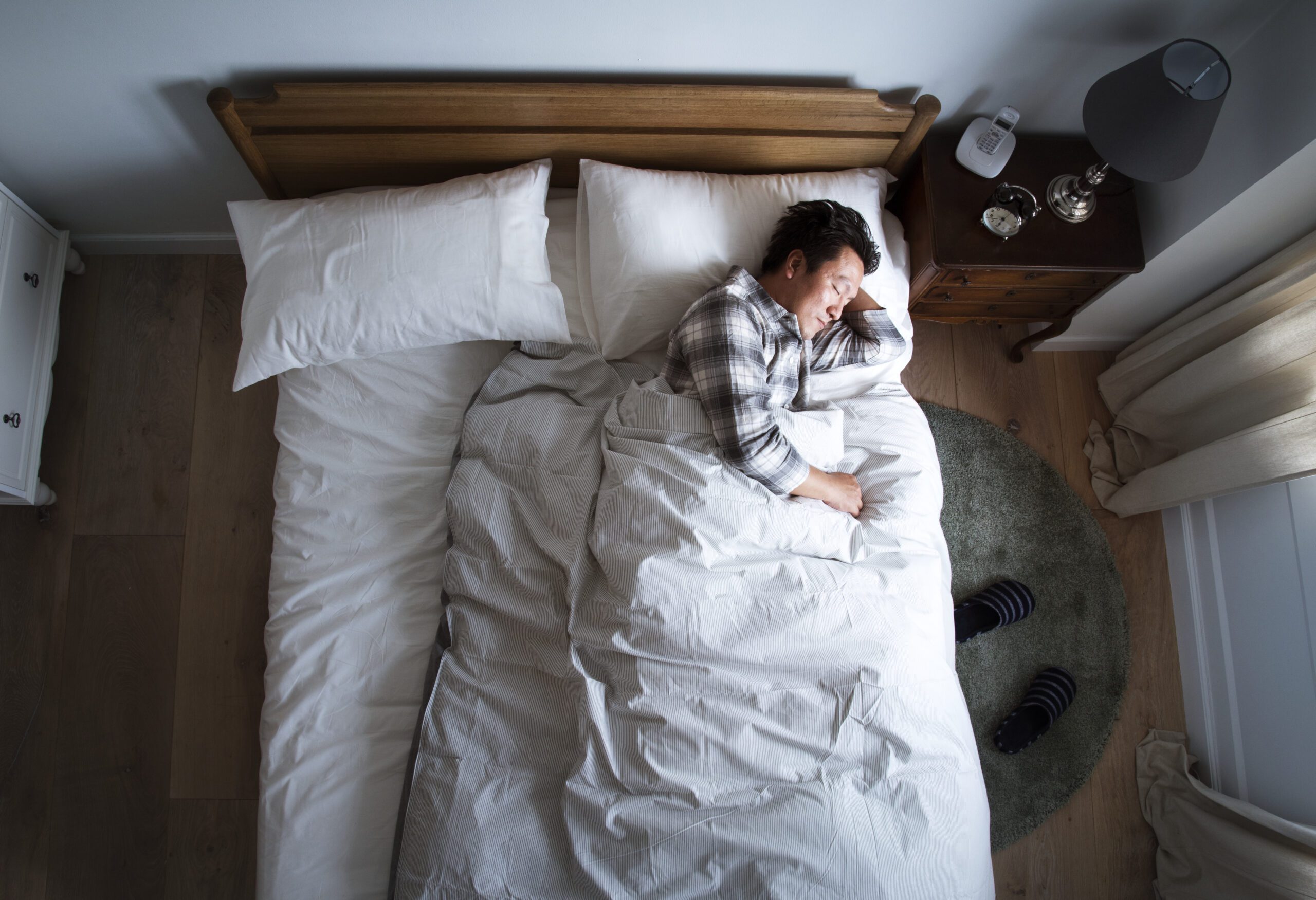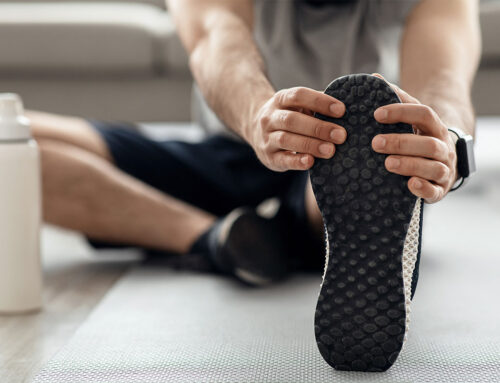Do you find yourself tossing and turning at night, struggling to get a good night’s sleep? You’re not alone. Sleep disorders affect millions of people worldwide, impacting their overall health and well-being. Fortunately, physical therapy offers a holistic approach to addressing sleep disturbances and promoting better sleep quality.
Understanding the Link Between Physical Health and Sleep
Sleep is essential for optimal physical and mental health. It plays a crucial role in healing, repairing tissues, and regulating hormone levels. Conversely, chronic sleep deprivation can contribute to a host of health issues, including chronic pain, inflammation, and mental health disorders.
Physical therapy focuses on improving physical function and mobility, but its benefits extend beyond the musculoskeletal system. By addressing underlying issues that contribute to sleep disturbances, physical therapy can help individuals achieve better sleep quality and overall wellness.
How Physical Therapy Can Help
- Pain Management: Chronic pain is a common cause of sleep disturbances. Physical therapists use various techniques, such as manual therapy, therapeutic exercises, and modalities like heat and cold therapy, to alleviate pain and improve mobility, allowing for more restful sleep.
- Stress Reduction: Stress and anxiety can interfere with sleep patterns. Physical therapy incorporates relaxation techniques, mindfulness practices, and stress management strategies to help individuals unwind and promote relaxation before bedtime.
- Posture and Alignment: Poor posture and spinal misalignment can lead to discomfort and disrupt sleep. Physical therapists assess posture and body mechanics, providing corrective exercises and ergonomic recommendations to improve alignment and reduce pain, enhancing sleep quality.
- Breathing Techniques: Breathing disorders, such as sleep apnea, can disrupt sleep and affect overall health. Physical therapists may incorporate breathing exercises and techniques to improve respiratory function, promote relaxation, and reduce sleep-related breathing disturbances.
- Exercise Prescription: Regular physical activity has been shown to improve sleep quality and duration. Physical therapists develop customized exercise programs tailored to individual needs, incorporating cardiovascular, strength, and flexibility exercises to promote better sleep patterns.
- Lifestyle Modifications: Lifestyle factors, such as diet, caffeine intake, and sleep hygiene practices, can influence sleep quality. Physical therapists provide education and guidance on lifestyle modifications to optimize sleep habits and promote overall wellness.
Take the First Step Towards Better Sleep
If you’re struggling with sleep disturbances, consider incorporating physical therapy into your treatment plan. A skilled physical therapist can assess your individual needs, address underlying issues contributing to sleep disorders, and develop a personalized treatment approach to help you achieve better sleep quality and overall well-being.
At Alton Physical Therapy, our team of experienced therapists is dedicated to helping individuals improve their quality of life through comprehensive care and support. Contact us today to schedule a consultation and take the first step towards better sleep and better health.
Remember, quality sleep is essential for optimal health and vitality. With the right approach and support, you can overcome sleep disorders and enjoy restorative sleep for improved physical and mental well-being.




